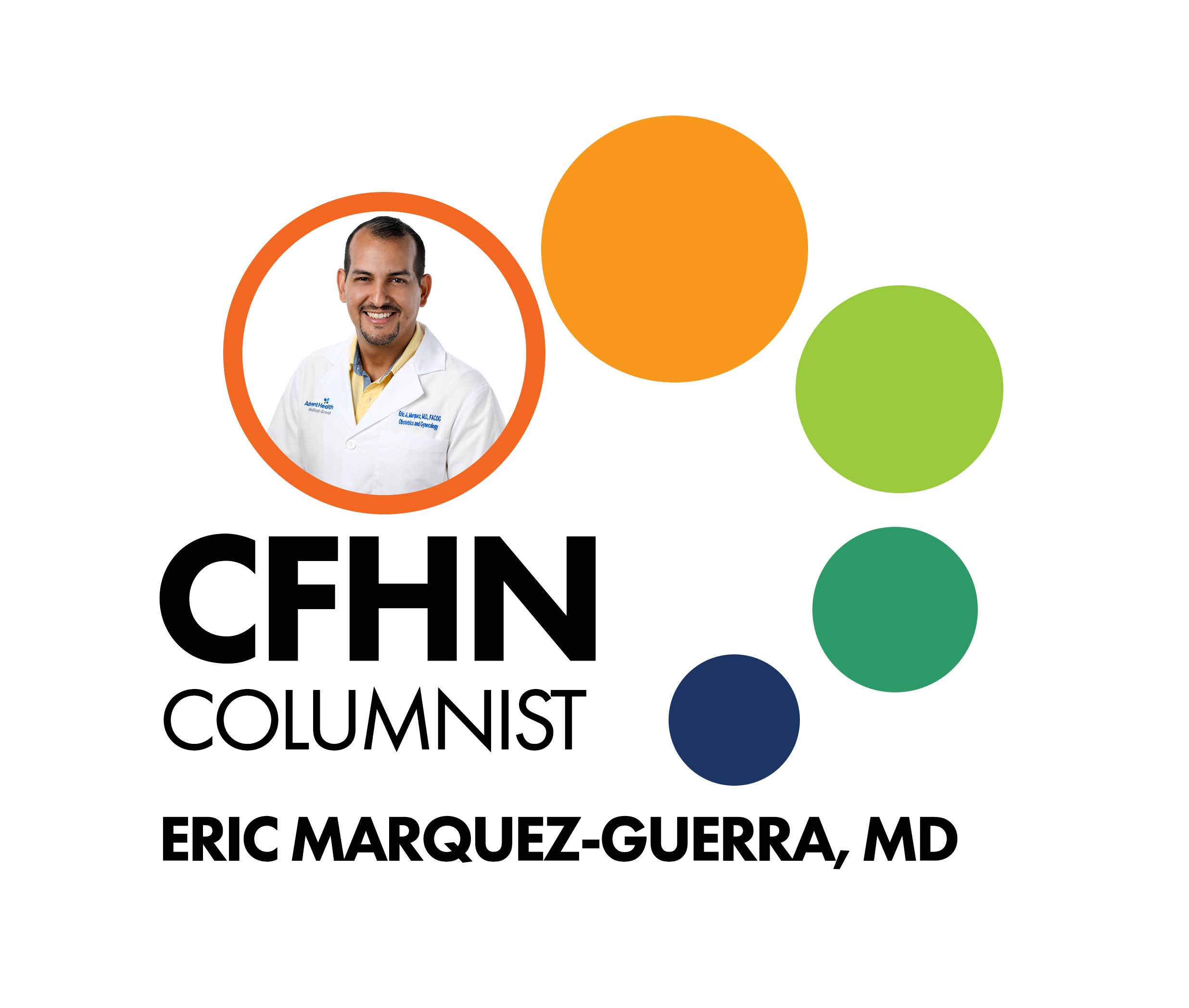
Health News
Features
-
Healing Polk’s communities
New Research Points to Health Disparities Among Certain Residents How a county thrives is based on how well the citizens within the county are thriving, and Polk County has taken a big step in improving its communities’ health by determining the health needs of its citizens. Thanks to a committee of devoted health experts, the…
-
Pop Quiz: Is your kitchen a nutrition crime scene?
Find out how much you REALLY know about food safety. One in six people in the United States are still getting food poisoning, leading to 100,000 hospital stays and 3,000 deaths in the U.S. each year. So, how can we be safer with our food at home? Try our quiz and determine how food safe-savvy…
-
Knowing is half the battle: Gynecological cancers explained
Q&A with Dr. Richard Cardosi on What You Need to Know to Stay—or Get—Healthy Dr. Richard Cardosi, a board-certified gynecologic oncologist and Polk County Medical Association member, provides comprehensive care for women with gynecologic malignancies and complex benign gynecologic conditions at Watson Clinic’s main office. He serves as president of Watson Clinic Foundation, looking for…
Columns
-
How Do Neuromodulators Fight Signs of Aging?
Time takes its toll on all of us, and it would be nice if we could slow down its effects, wouldn’t it? Well, Lakeside Dermatology has some good news for you – there is a way to turn back the clock! Neuromodulators can smooth out your wrinkles and creases to give you a fresh, youthful…
-
Treatments Can Help Diminish Acne Scars
Many adults struggle with acne scarring, whether left over from their teenage years or as a more recent result. There are many ways to reduce the appearance of or even heal old acne scars. A dermatologist can help assess the patient’s skin and scarring and recommend treatments. There are several kinds of acne scars.…
-
What to Ask Your GYN at Annual Check-Ups
Your annual well-woman exam is crucial to your whole health. So, what should you be asking? Breast Health Ask about when you should begin your mammograms. Most women with average risk for developing breast cancer start mammograms between 40 and 49. Your doctor will take into account your family history and other factors to determine…




